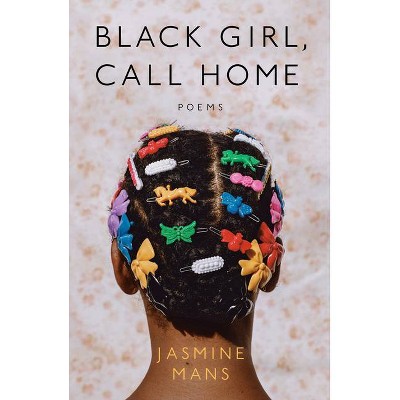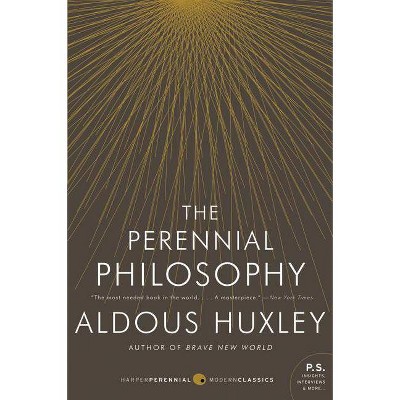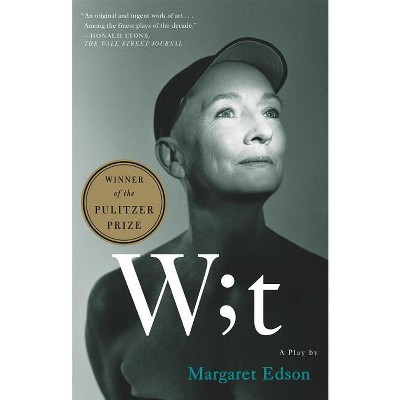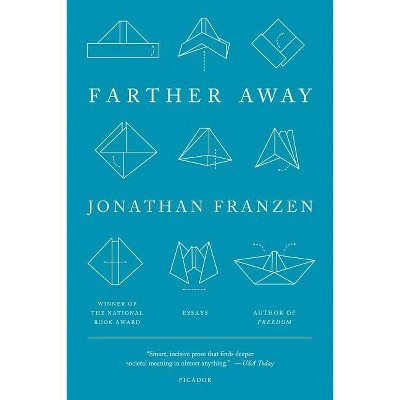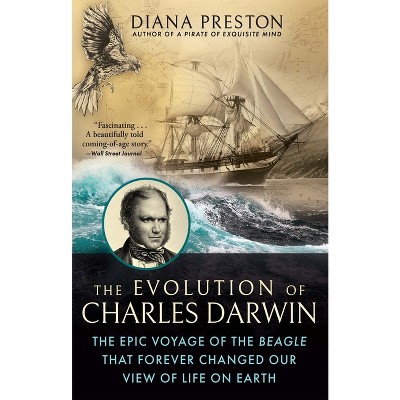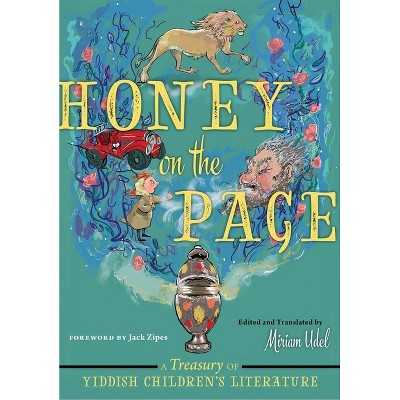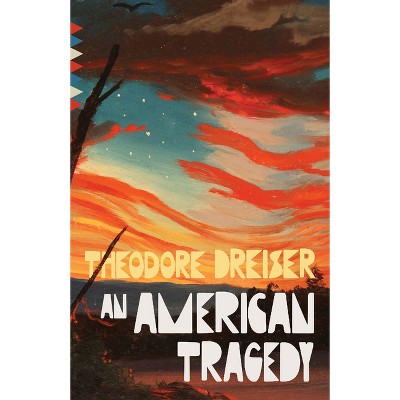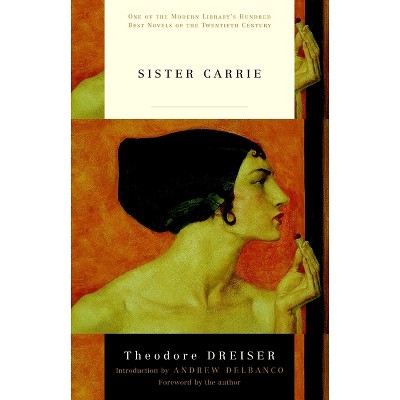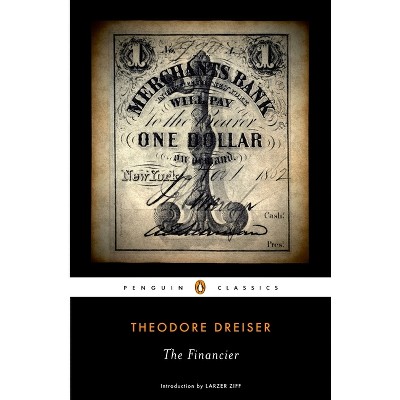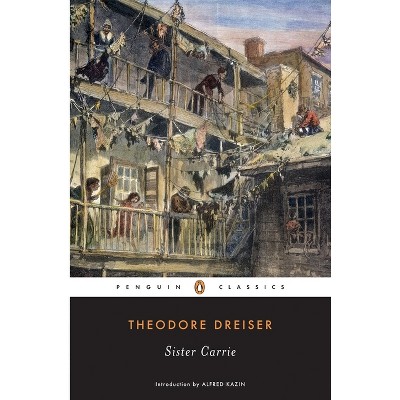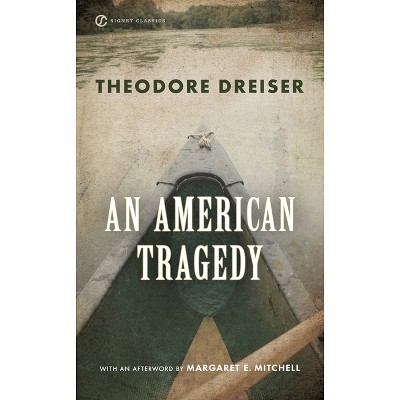Sponsored

Theodore Dreiser - by Miriam Gogol (Paperback)
In Stock
Sponsored
About this item
Highlights
- Theodore Dreiser is indisputably one of America's most important twentieth-century novelists.
- Author(s): Miriam Gogol
- 288 Pages
- Literary Criticism, American
Description
Book Synopsis
Theodore Dreiser is indisputably one of America's most important twentieth-century novelists. An American Tragedy, Sister Carrie, and Jennie Gerhardt have all made an indelible mark on the American literary landscape. And yet, remarkably few critical books and no recent collections of critical essays have been published that attempt to answer current theoretical questions about Dreiser's entire canon.
This collection is the first to appear in twenty-four years. The ten contributing essayists offer original interpretations of Dreiser's works from such disparate points of view as new historicism, poststructuralism, psychoanalysis, feminism, film studies, and canon formation.
A vital reassessment, Theodore Dreiser: Beyond Naturalism brings this influential modern writer into the 1990s by viewing him through the lens of the latest literary theory and cultural criticism.
From the Back Cover
Theodore Dreiser is indisputably one of America's most important twentieth-century novelists. "An American Tragedy," "Sister Carrie," and "Jenny Gerhardt" have all made an indelible mark on the American literary landscape. And yet remarkably few critical books and no recent collections of critical essays have been published that attempt to answer current theoretical questions about Dreiser's entire canon.What were Dreiser's relationships with women and how did they inform his characters? What can we learn from his work about the lives and struggles of working women in turn-of-the-century America? Why did Dreiser appropriate the romance form to comment about life in the 1890's? This collection, which presents new essays that raise contemporary theoretical questions about his work as a whole, is the first to appear in twenty-four years. The ten contributing essayists offer original interpretations of Dreiser's works from such disparate points of view as new historicism, poststructuralism, psychoanalysis, feminism, film studies, and canon formation.
A vital reassessment, "Theodore Dreiser: Beyond Naturalism" brings this influential modern writer into the 1990s by viewing him through the lens of the latest literary theory and cultural criticism.
Review Quotes
""Science for Segregation" adds considerably to our understanding of racist ideologies and their persistance in the post-war era. The author has done an admirable job of covering a forgotten chapter in the struggle over segregation and shedding light on how scientific research can become highly politicized."
-"Journal of American History",
"A fascinating and comprehensive look at a largely neglected aspect of American history--the role of science and scientists in supporting and sustaining white racist thought and institutions during the battle over de-segregation. And like most good social history, it does not require much strain to draw the relevance to today's debates about the salience of biological taxonomies of race."
-Troy Duster, author of "Backdoor to Eugenics"
"A well-researched and well-argued book. . . . Jackson underscored the nexus of 'science' and 'race, ' probes the 'demarcation between science and politics, ' and questions the very meaning of 'objective' scientific inquiry."
-"Historian",
"Jackson is at his best when exposing the connections of leading racialists with former Nazi party members and Holocaust-denial groups."
-"Journal of American Ethnic History",
"This book asks if science can be divorced from politics. . . . Recommended."
-"Choice",
Shipping details
Return details
Frequently bought together

